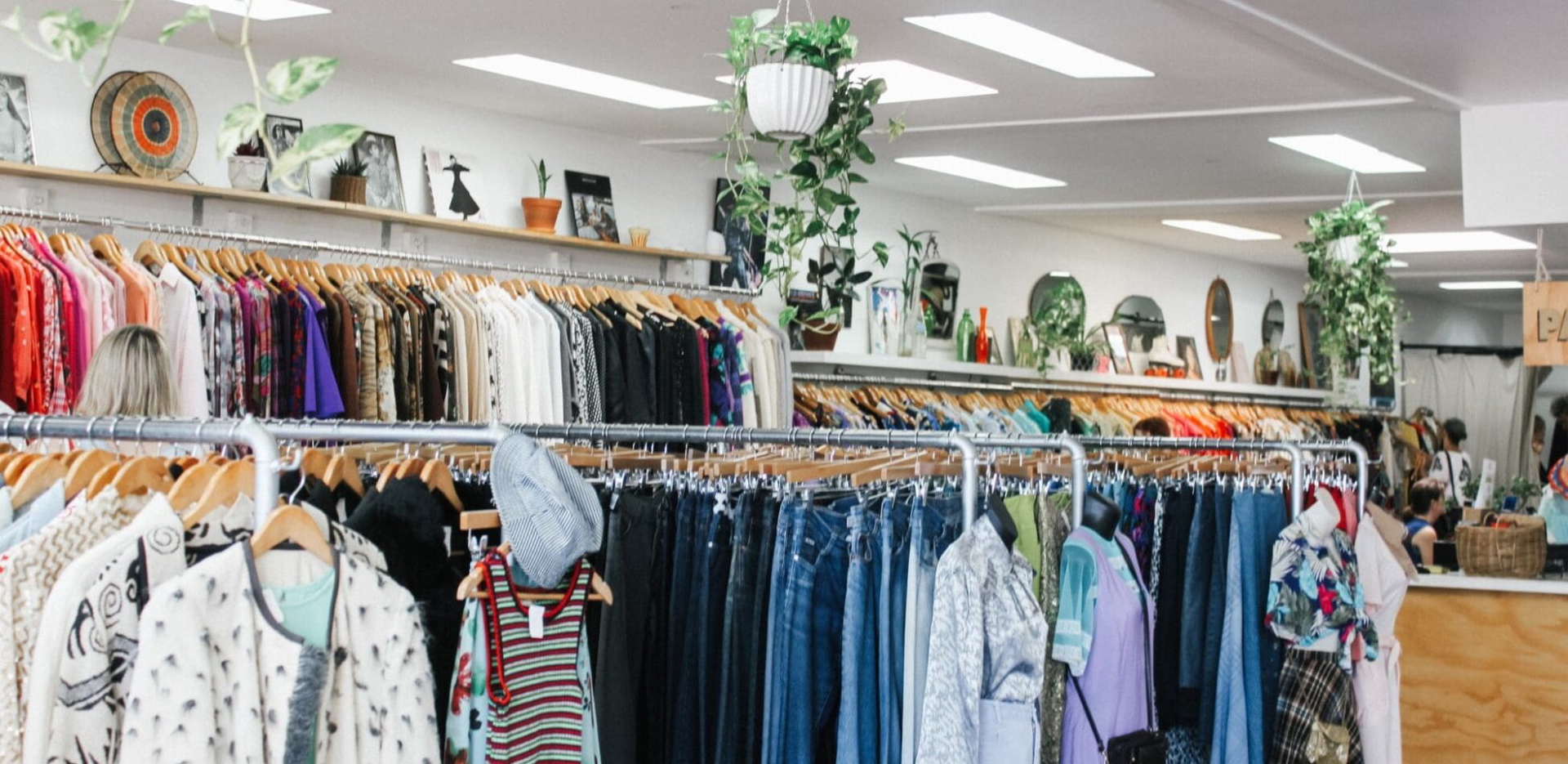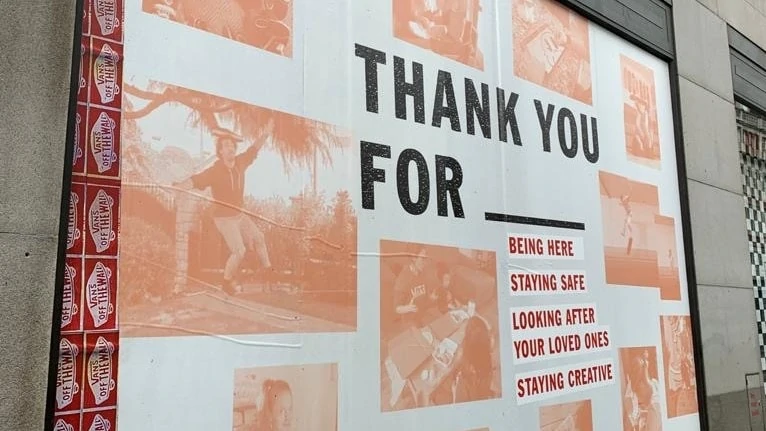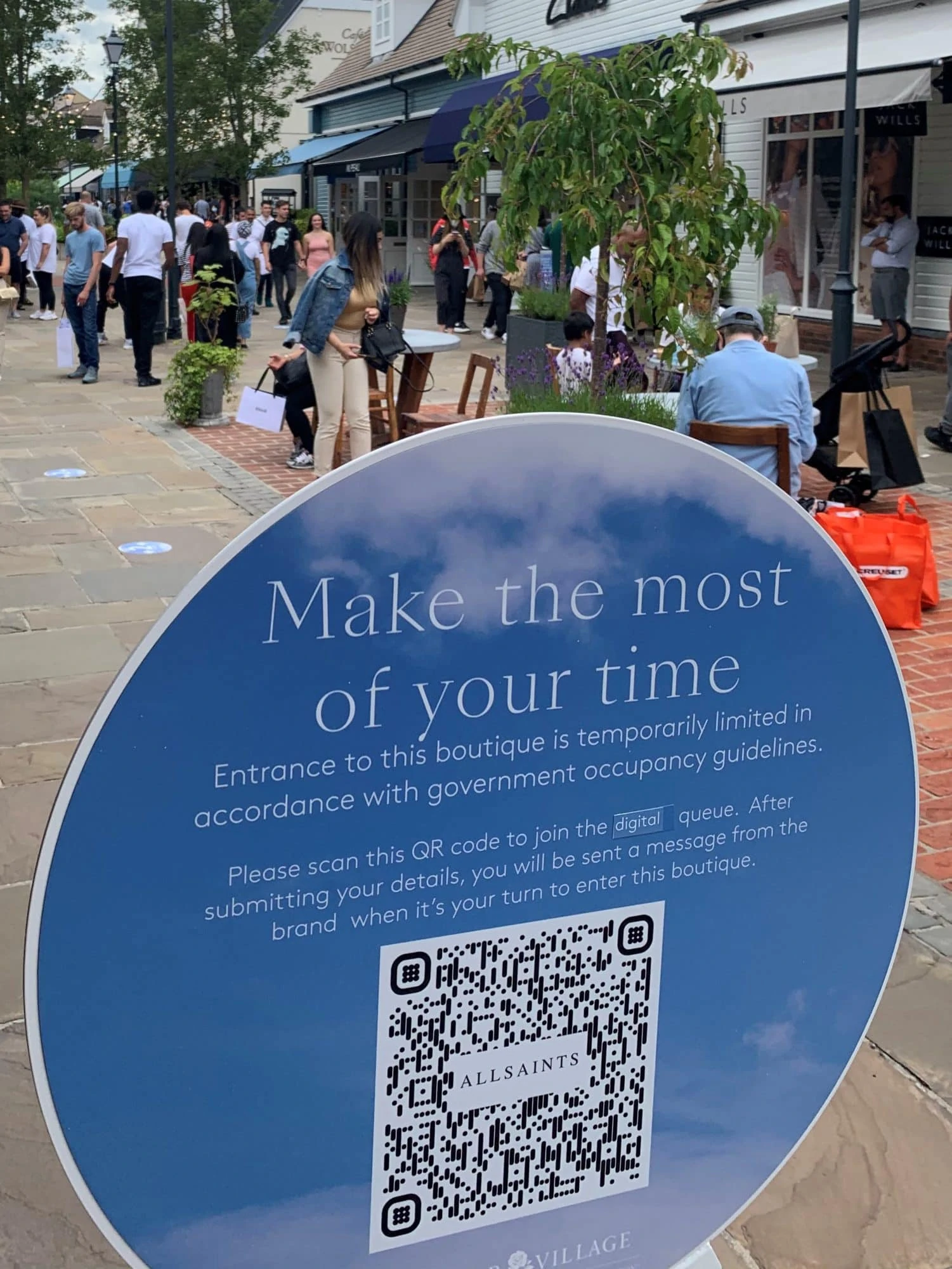#2 – Community-Focussed
BEING WHERE YOUR AUDIENCE NEEDS YOU
2020 forced consumers to shop closer to home, bringing localism as a movement into the mainstream. In fact, 88% of consumers worldwide expect new-found community connections to remain intact post-pandemic (Stylus,2020) as consumers increasingly understand the value of their local community, as well as their responsibility to its local economy.
Although most charities function on a national-level, charity shops typically play into a community-focussed narrative for their perceived locality resulting from their small and intimate nature, and their local operation of goods-in (donations) and goods-out, among others.
Responding to the increased consumer desire for a more localised community, brands are becoming increasingly interested in their ability to integrate. Rather than being a faceless corporation whom consumers can’t relate to or trust – there is now a shift towards community collaboration. Brands are building stronger relationships with consumers when they are seen to listen, work with and assist the local community.
Nike’s community stores are a great example of this where their store staff are all chosen on their locality to the store – they all live within 5 miles. Nike also allow their staff time to volunteer with local sport groups.
Co-op business model of being owned by individual members supports the local community. When members buy selected Co-op branded products and services, the Co-op gives 1% of the money that they spend to a local cause in their community.
Lockdown has seen a rise in local initiatives to suit the new need for close-to-home activities. Local markets, stalls & travelling pop up shops are becoming the norm and are enabling shops to be at the heart of the neighbourhood, serving customers’ needs & bringing communities together. No longer just the job of the ice-cream van or travelling library! One example of this is the Muji travelling pop-up shop in a van travelling to various local communities in Japan. Other examples include chef, Mark Hix, whose restaurants were closed due to lockdown – this gave him the opportunity to open up mobile food vans. A fun way to gain brand advocates was demonstrated by Babe Wines in New York where they opened a free traveling manicure truck – a great example of a brand identifying a consumer need and helping them out.
There’s a huge opportunity for brands to integrate themselves into local neighbourhoods and prove themselves to be a valuable member of the community.





